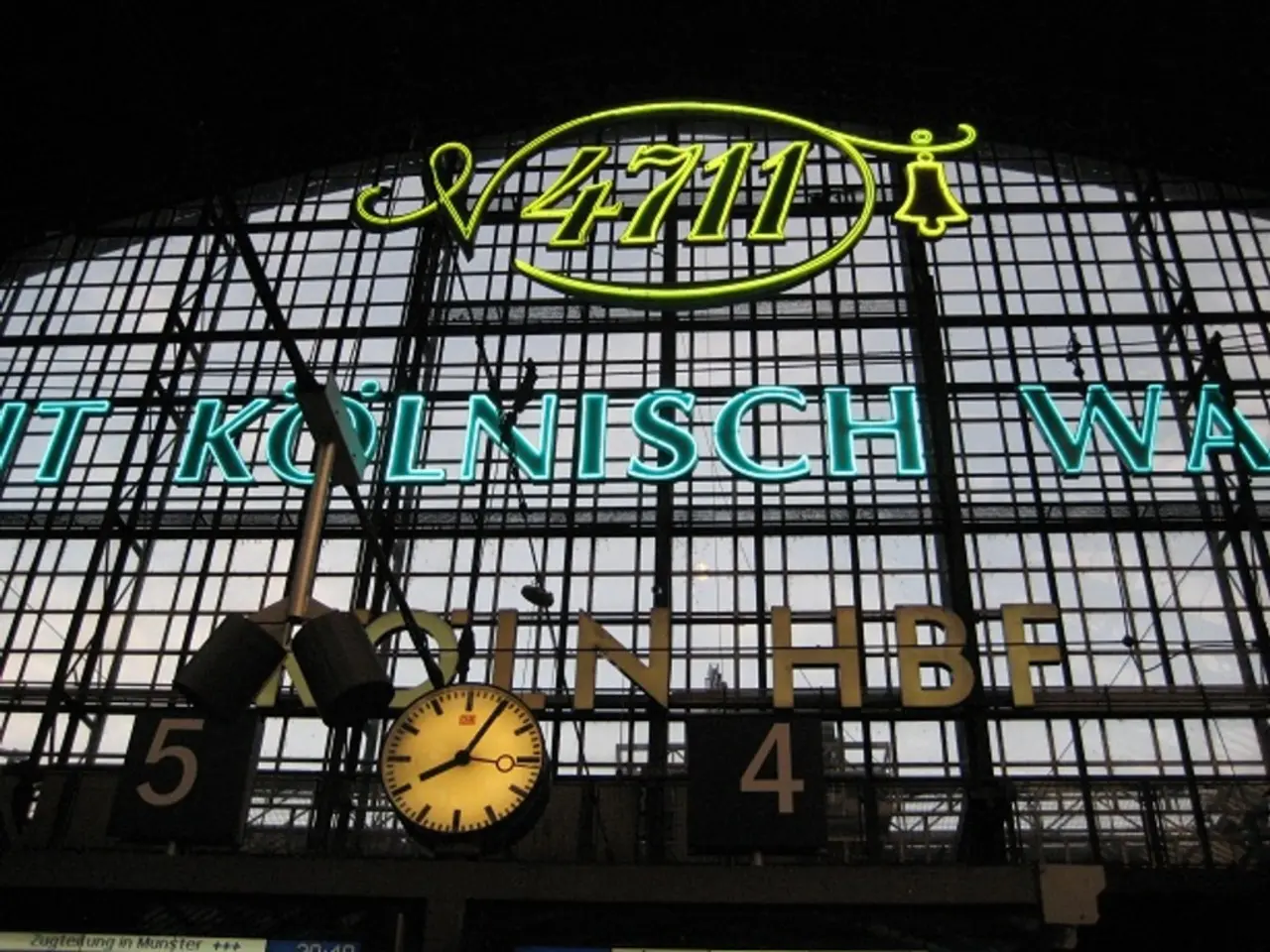Federal authority over D.C. has been stricter in the past. Here's a glimpse of how it unfolded.
The District of Columbia (D.C.), home to the federal government, has seen a shift in the control of its governance from full federal management to a more complex system of shared control.
Initially, after the federal government moved to Washington City in 1800, the District was governed by a three-member Board of Commissioners, appointed by the President and confirmed by the Senate. This Board held legislative and executive powers, but Congress, particularly House and Senate committees, held ultimate authority, including budget control and regulation.
The District of Columbia Home Rule Act, passed in 1973, marked a significant change by devolving certain powers to an elected local government, including a mayor and council. While Congress maintains authority over the District’s budget, legislation review, and judicial appointments, local residents now have more say in their government.
In terms of law enforcement, the Metropolitan Police Department (MPD) remains under local control, led by a chief appointed by the mayor. However, federal law enforcement remains deeply involved in the District, given its unique status. For example, the U.S. Attorney handles most local felony cases, and federal agencies supervise pretrial release, probation, and parole. Local and federal law enforcement often work closely together.
The Home Rule Act includes a provision—Section 740—that allows the president to direct the MPD temporarily during emergencies. This authority is limited: federal control can last 48 hours, extendable to 30 days with congressional notification, and beyond that only with Congress’s approval. Recent tensions have arisen over this provision, such as during the Trump administration in 2020, when President Trump invoked Section 740 to assert more federal control over MPD amid protests, aiming to replace the local police chief with federal officials. Courts and the D.C. government pushed back, maintaining mayoral control over MPD and allowing only federal liaison presence rather than outright federal command.
Other aspects reflecting this federal-local balance include the D.C. National Guard, which is always under federal control, unlike state National Guards. Federal budgetary and judicial control persists, as does Congress’s ability to override local laws. The federal government has intervened more directly during financial crises, such as the 1995–1998 Financial Control Board.
In summary, federal control over the District of Columbia has shifted from direct governance by federally appointed commissioners to a hybrid system where local elected officials run policing and government functions, but Congress and the president retain significant authority, especially over courts, budgets, and emergency law enforcement control. Recent events underscore continuing debates over the balance between federal oversight and home rule in D.C. law enforcement.
Residents of D.C. have expressed a desire for more autonomy, with 86% voting for statehood in a 2016 referendum. However, the idea has not found adequate support in Congress. The future of the District’s governance remains a topic of ongoing discussion and debate.
- The District of Columbia's economy may benefit from an increase in autonomy, as residents have expressed a desire for statehood and more control over their own affairs, such as budget management and policy-and-legislation decisions.
- Crime-and-justice issues in the District are managed by both local and federal agencies, with the Metropolitan Police Department being controlled by the locally elected mayor, while federal agencies like the U.S. Attorney handle most local felony cases and supervise pretrial release, probation, and parole.
- One point of contention in the balance of power between federal and local governments in D.C. is the president's ability to temporarily take control of the Metropolitan Police Department during emergencies, as outlined in Section 740 of the District of Columbia Home Rule Act.
- The District of Columbia's complex system of shared governance between federal and local bodies has generated a significant amount of general-news coverage and political discussion, particularly surrounding the debate over the role of federal oversight in law enforcement and the possibility of achieving statehood.








